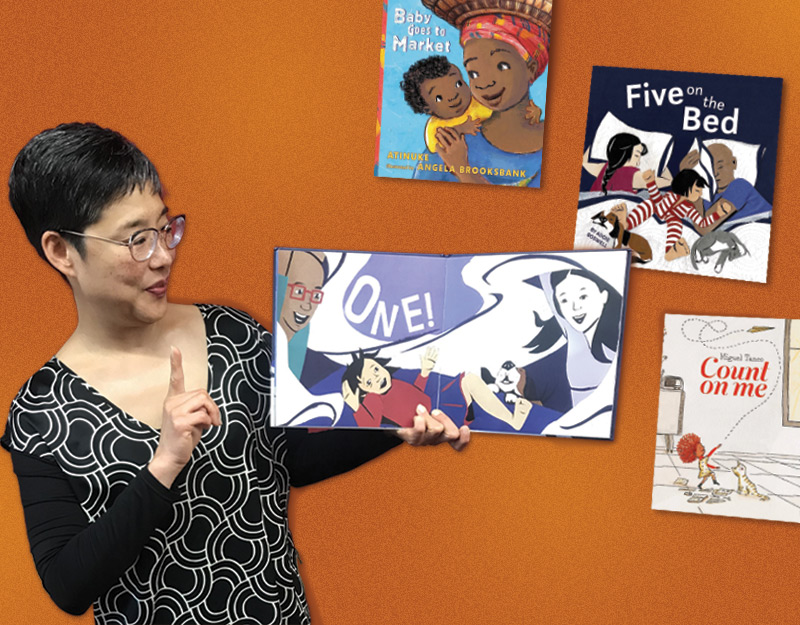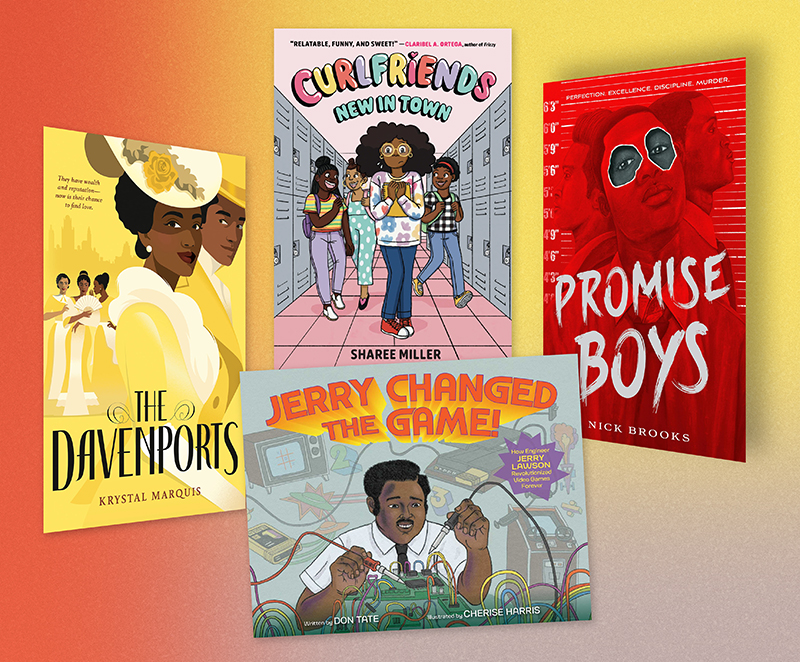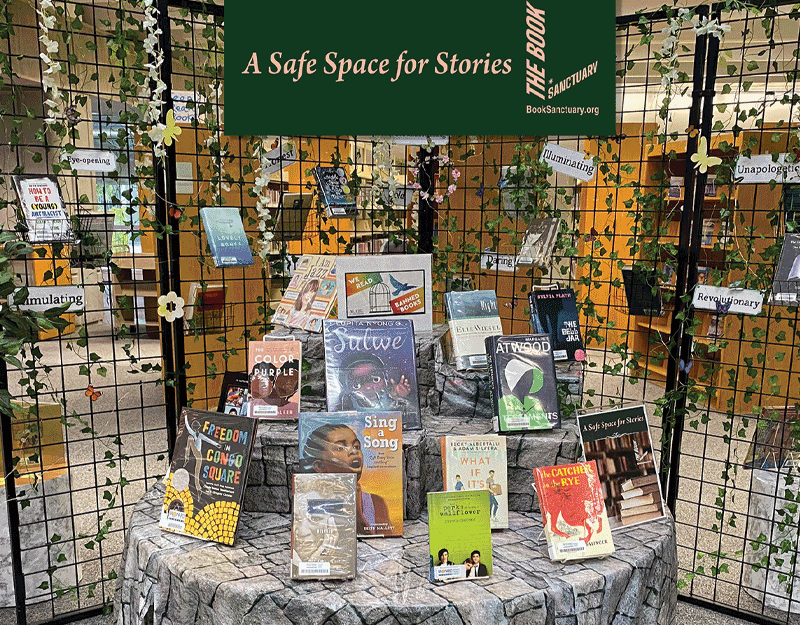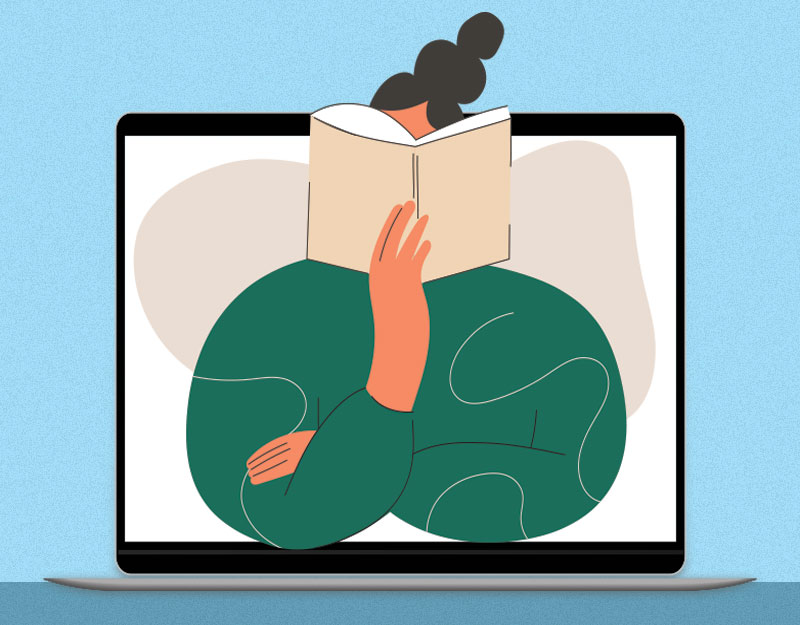Book Review: Brave Face: A Memoir by Shaun David Hutchinson
Publisher’s description
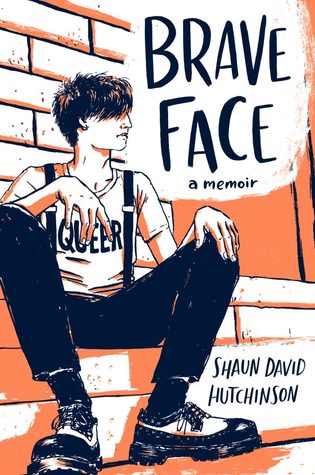
Critically acclaimed author of We Are the Ants—described as having “hints of Vonnegut’s Slaughterhouse-Five” (School Library Journal)—opens up about what led to an attempted suicide in his teens, and his path back from the experience.
“I wasn’t depressed because I was gay. I was depressed and gay.”
Shaun David Hutchinson was nineteen. Confused. Struggling to find the vocabulary to understand and accept who he was and how he fit into a community in which he couldn’t see himself. The voice of depression told him that he would never be loved or wanted, while powerful and hurtful messages from society told him that being gay meant love and happiness weren’t for him.
ADVERTISEMENT
ADVERTISEMENT
A million moments large and small over the years all came together to convince Shaun that he couldn’t keep going, that he had no future. And so he followed through on trying to make that a reality.
Thankfully Shaun survived, and over time, came to embrace how grateful he is and how to find self-acceptance. In this courageous and deeply honest memoir, Shaun takes readers through the journey of what brought him to the edge, and what has helped him truly believe that it does get better.
Amanda’s thoughts
I’m a big fan of memoirs. While most of my reading is of children’s and YA books, when I do grab an adult book from the library, it is frequently a memoir. I like the deep dive into someone’s life. I like seeing them raw and unpacking their challenges and successes. So when a memoir comes out by one of my favorite YA authors, you can bet I will devour it.
For me, this had an added element of interest. I’m the same age as Hutchinson—we both graduated high school in 1996. We were both depressed and anxious teens, kept journals (and hung onto them all this time—I have a whole bin of my journals from elementary school through college), listened to a lot of the same music, wrote for the school paper, and so on. For me, as an adult reader, I really felt myself right there with Hutchinson because I really *saw* him. I would’ve been friends with him. My computer-programming, D&D-playing, fantasy-novel-reading husband would’ve been friends with him.
I spent the whole memoir really wanted two things for Hutchinson: for him to find his people and for him to get the mental health help he needed. And that’s really want this whole memoir is about. We follow Hutchinson through high school and a few years of college. We watch him go from an excited ninth grader positive about his future to a severely depressed and self-loathing older teen who can’t see anything good in his present or his future, feels like a failure, and grows increasingly reckless. We watch him participate in drama and debate, work various jobs, hang out with his close girl friend, play D&D, and half-heartedly date and make out with some girls. Meanwhile he’s feeling increasingly irritated, having meltdowns, lashing out while alone, and writing in his journal about his misery and his suicidal ideation.
We also see Hutchinson really struggle with being gay. He writes a lot about how his negative and limited idea of what it would mean to be gay came from the culture and stories around him at this time in the 90s. He wasn’t able to see beyond horrible stereotypes and miserable endings. He simply didn’t have any other examples. And he certainly didn’t have any kind of community to help him work through these thoughts. Even as he came to understand that he was gay, he still lacked examples of love or romance or happiness. His view of his life, already complicated by his untreated depression, grew darker.
Eventually, Hutchinson attempts suicide and ends up in a psychiatric treatment facility. There is a content warning for this part of the book to allow readers to skip over the details included here. He then summarizes life after this time—the ups and downs of both relationships and various treatments. He leaves readers with the important message that it can indeed get better, though it can take a while to get there. And, most importantly, it’s okay to ask for help—that struggling alone and putting on a brave face isn’t required.
This is a powerful and painfully honest look at surviving while finding your place, your people, and self-acceptance.
Review copy (e-ARC) courtesy of Edelweiss
ISBN-13: 9781534431515
Publisher: Simon Pulse
Publication date: 05/21/2019
Filed under: Uncategorized
About Amanda MacGregor
Amanda MacGregor works in an elementary library, loves dogs, and can be found on Twitter @CiteSomething.
ADVERTISEMENT
ADVERTISEMENT
SLJ Blog Network
2024 Books from Coretta Scott King Winners
The Ultimate Love Letter to the King of Fruits: We’re Talking Mango Memories with Sita Singh
Monkey King and the World of Myths: The Monster and the Maze | Review
Parsing Religion in Public Schools
ADVERTISEMENT



